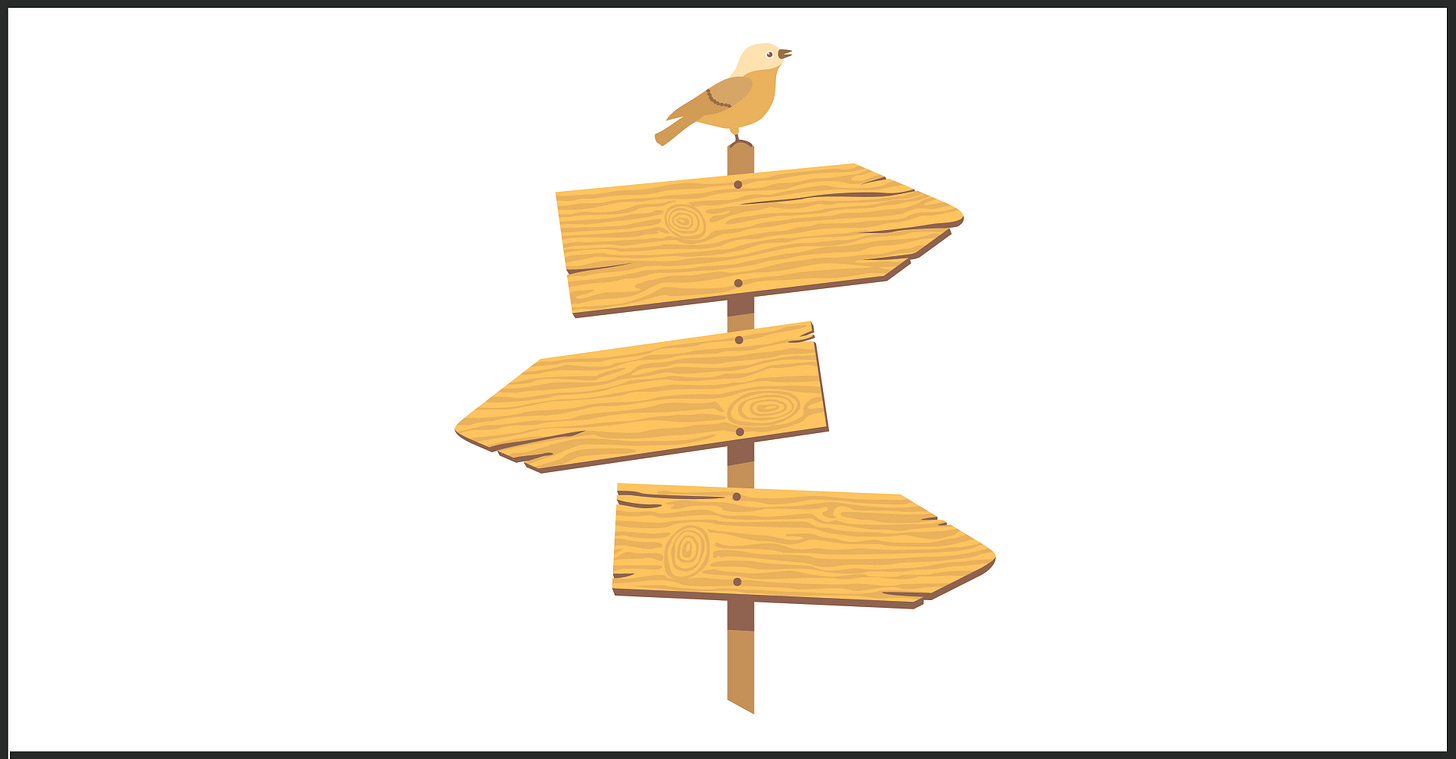Why I'm Publishing Agnostic
No One Right Way for Any Given Writer, No One Right Way for Any Given Book
I’ve often compared the journey to getting published as being akin to applying for college—the traditional path being the Ivy Leagues, hybrid publishing the state schools, self-publishing the community colleges. It stands as a good analogy because I’m a product of community college myself. I got a better education there than at the four-year (very expensive) university I eventually graduated from, and publishing is often the same. A good experience is not guaranteed just because you get an advance, or publish with a Big Five publisher, or just because a gatekeeper says yes.
The older and more seasoned I get, the better I like another analogy for getting published—that of the spiritual journey. It’s perhaps a better metaphor because book publishing is not an application process. It involves soul-searching and flexibility. It forces you to confront your worst impulses—coveting, envy, doubt. If you don’t get accepted by a traditional publisher, the journey forward requires you to rise above past rejections and to continue to believe in yourself and your book. This cultivates inner fortitude and resilience. Whereas the college analogy implies hierarchy, the truth is that book publishing is less hierarchical than the industry will have you believe. Anyone can break out, success means different things to different writers, and your support team is everything (which means having control over what that actually looks like goes a long way).
A spiritual journey supports you to consider what you bring to the table beyond tangible assets, like your number of followers, or your previously published books, the numbers that matter to traditional publishing. Writers I work with bring qualities like grit, perseverance, work ethic, a story they know needs to be out in the world. You can’t put value on these invisible measures, and yet they’re invaluable.
The world of book publishing has gotten more complicated, but at the end of the day there are still three primary choices—traditional, hybrid, and self-publishing. I’m a publisher of a hybrid press, but I’m publishing agnostic. This is because what I most care about when I connect with writers is that publishing, somehow, some way, is a desired outcome for them. When I speak to writers who long to be traditionally published, which is where most writers start out, I tell them it’s important to exhaust that option. You want to be able to turn to nontraditional publishing without regret or what-ifs, and when you’re ready. That said, I’ve known writers who’ve meandered the path of traditional publishing for years (I’m talking six, seven, eight years with a finished manuscript, trying to get it placed), lost and longing, unwilling to consider another path. This is a choice, too, and a painful one at that.
I’ve also known writers who’ve explored all paths at once, who’ve been gregarious in their efforts and approach, who’ve submitted traditionally while exploring hybrid and-self-publishing, who’ve educated themselves about all the paths, keeping their options as they figure out their next best step.
I’ve known free-agent authors who’ve tried various paths successfully—authors who’ve traditionally published one book and self-published the next. Authors like this are great reminders that you’re not stuck in your lane just because you choose one path for one book. Every book gives you an opportunity to consider new options. And just as there’s no one right path for a given writer, there’s also no one right path for a given book.
Publishing is the industry I know best, but I also wonder if there’s any industry more enigmatic. Anyone can publish, yet few do it well without a great team. It’s so accessible, yet so competitive. Not even the gatekeepers know which books will hit and which won’t. Unknown writers can be skyrocketed to stardom, and perhaps because of this occasional phenomenon, most aspiring authors are awash in unrealistic hopes and expectations. It’s a solitary pursuit to write a book, but getting published requires you to be public facing to a degree that’s often unsustainable and always overwhelming.
If you’ve felt any of these things, you’re not alone. My advice is to stay the course. Be on the journey for the sake of the experience, but also be that gregarious writer who takes it all in and understands what the other paths look like, so you can be ready to pivot when the time comes. Accept that your journey may not look the way you want it to look. Try not to be too attached to outcome. Be open to unknowns. Protect yourself from anyone who tries to tell you there’s one right or best way. Gather trusted guides along the way. Never lose faith.




Publishing a quality book costs thousands of dollars. Traditional publishing, which is supposedly most prestigious, is a way for authors to take less financial risk. It’s odd…an entrepreneur who is willing to take a risk on themselves (quality hybrid or quality self-published authors) is less prestigious than an arrangement where the author provides a service (“here’s my book!”) to a business (the traditional publisher) for the privilege of losing less if the book doesn’t sell well and making less if it does.
I get that traditional publishers bring know-how and talent to the table. But you can buy pretty much the same know-how and talent from people that can be found on Reedsy.
I think we may have the whole prestige thing upside down. 😊
Love the analogy of the spiritual journey. Because for more/many, that is what it is really about. Transformation, growth, reaching beyond what was once known or assumed.